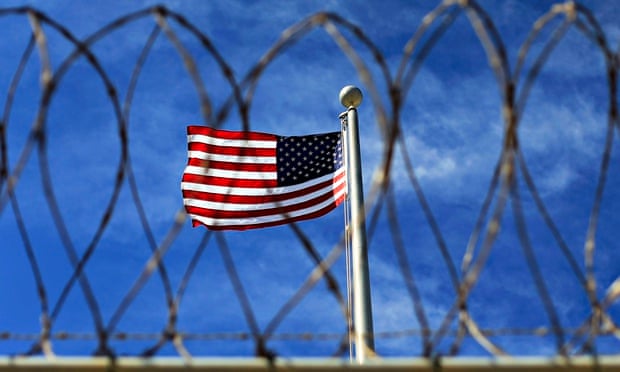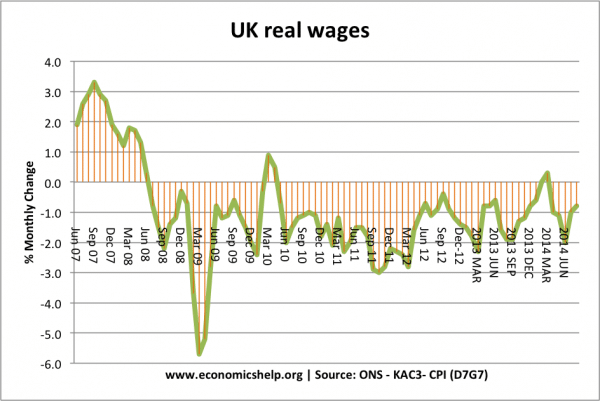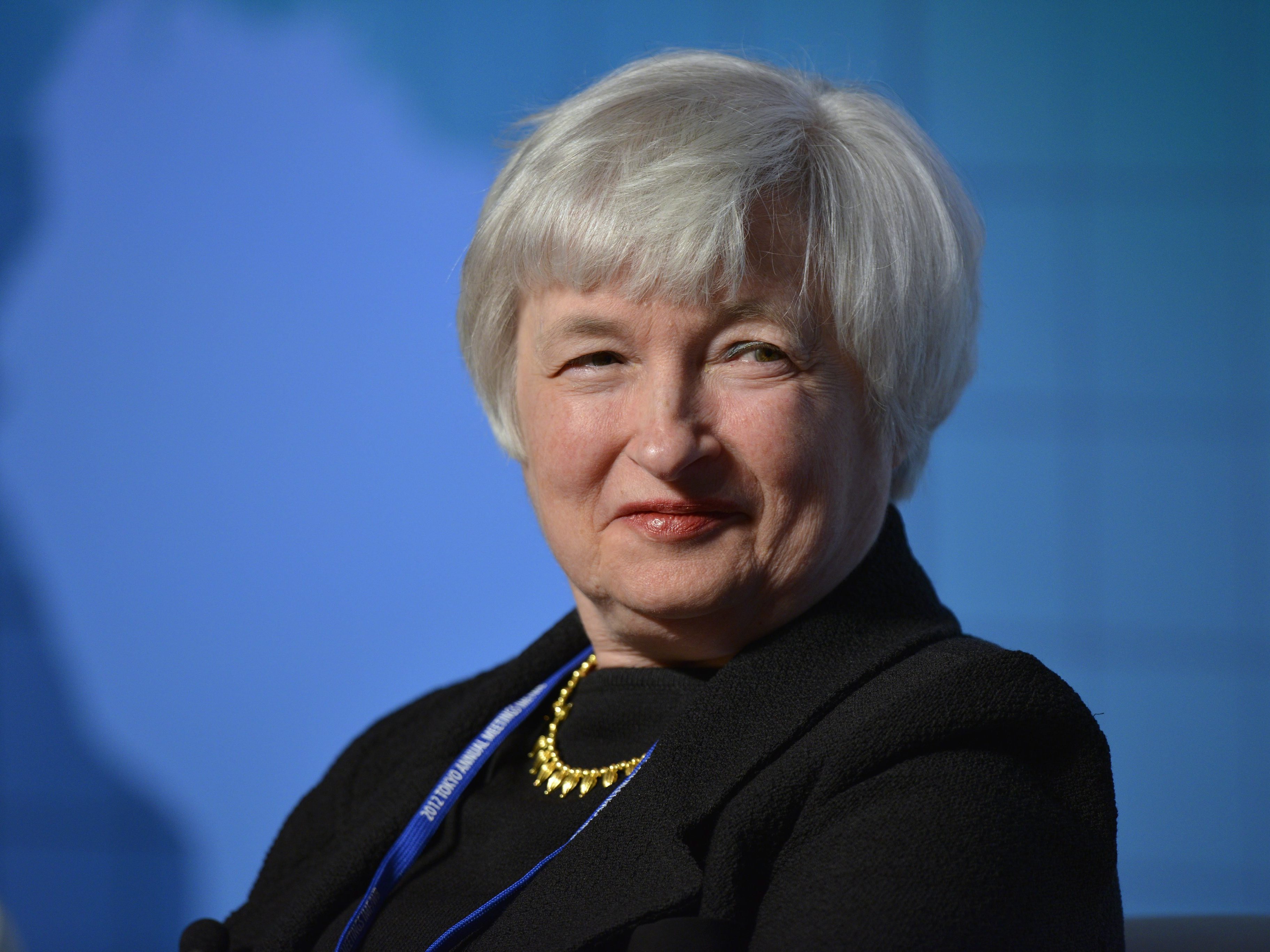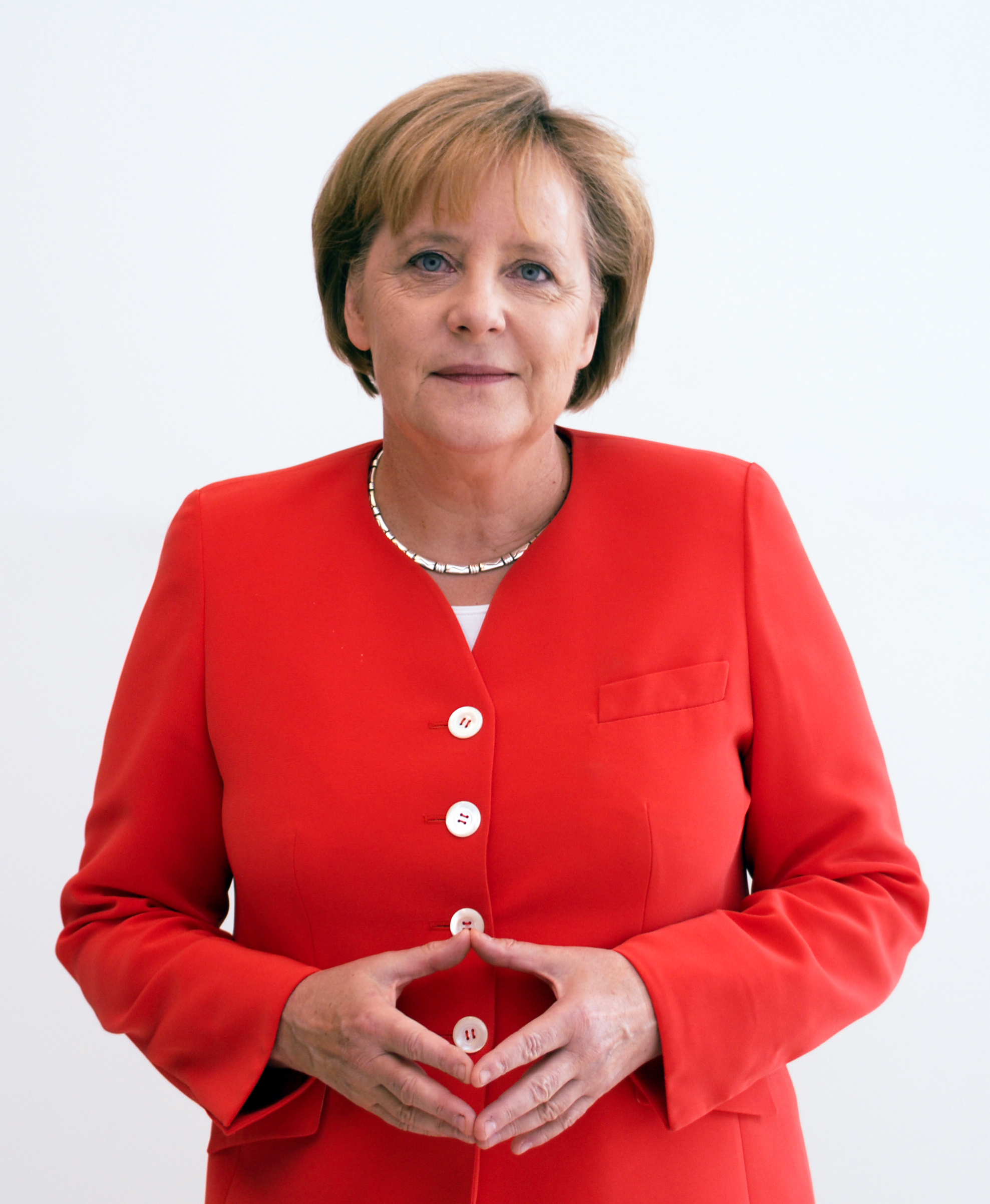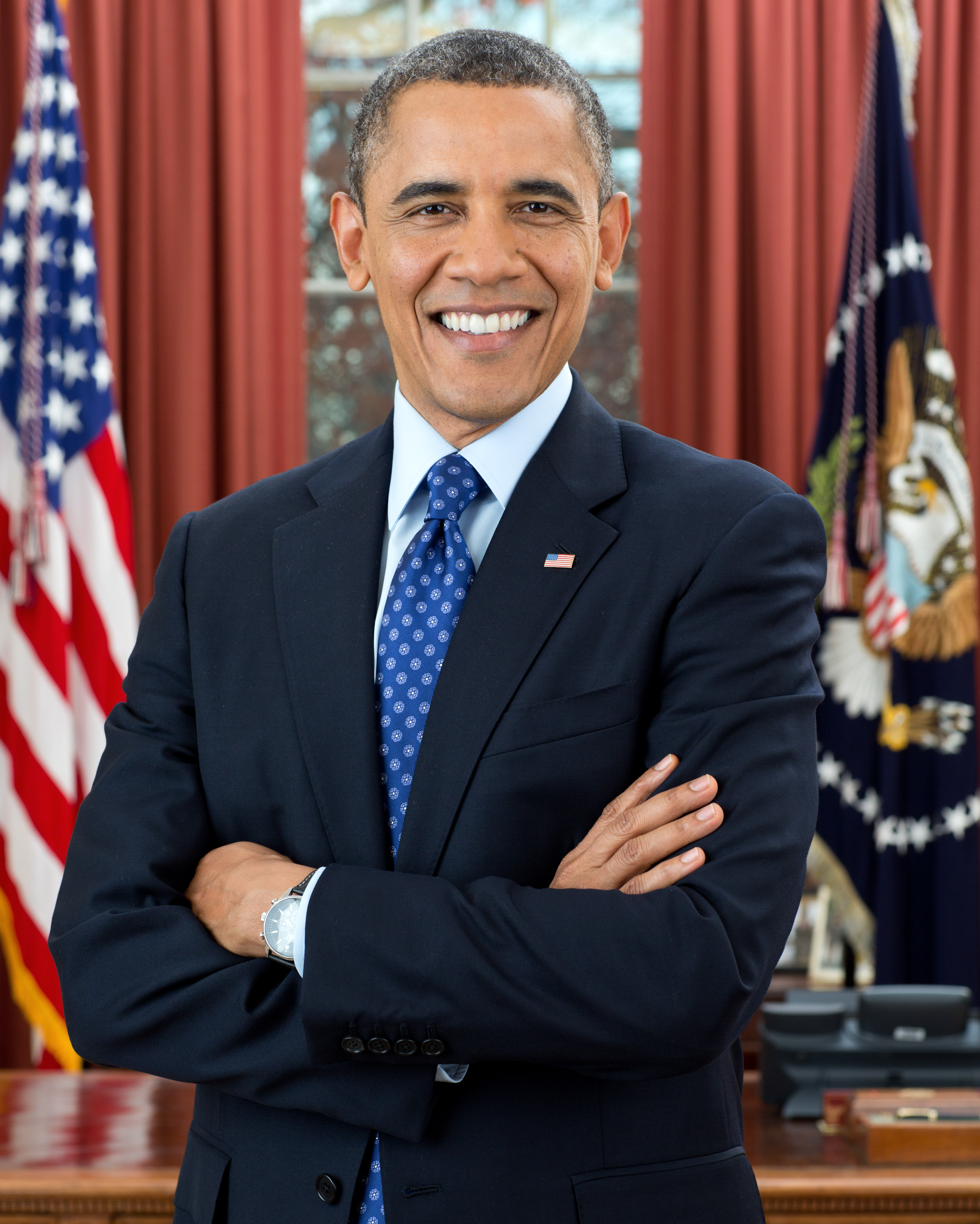Since then, Carswell has been one of the principal figures in the UKIP surge and an outspoken member of the party leadership. He also, however, has been reported as clashing with UKIP leader Nigel Farage on a number of occasions - something he has, of course, denied.
But it is clear that Carswell is something apart from the mass of Ukippers. Whilst he is in line with general 'UKIP-py' policies such as opposing equal marriage for same-sex couples and scepticism about anthropogenic climate change - as well as, of course, the core UKIP mission of getting the UK out of the EU - he is something of a radical when it comes to other areas.
Particularly of interest is his dedication to electoral reform. The Daily Telegraph named him their Briton of the Year in 2009 for his commitment to shaking up what he calls 'that cosy little clique called Westminster'. In a speech at the UKIP conference on Saturday, he outlined his proposals for changes to the electoral system.
First on his list is recall elections. The coalition has introduced a form of this in the Recall of MPs Bill, but this is a weak form of recall which only allows voters to replace their MPs if they are sentenced to more than a year in prison or the Commons Standards Committee bans them from the House for 21 days. Carswell believes that real reform means having a threshold at which a simple petition can trigger an election - in his proposal, 20%.
Another policy of his is to mandate that ministerial appointments are confirmed by the relevant House of Commons Committee. This procedure already occurs in the USA, and would prevent the Prime Minister from appointing favourites who do not command the confidence of the House as a whole.
Of course, the jewel in the crown of these reforms is replacement of the archaic Single Member Plurality (or first-past-the-post) system with which we choose our MPs. Moving towards a more proportional system would, of course, benefit UKIP hugely - but it would also make Parliament far more democratic. My own article outlining the reasons for reform can be found here.
All of this is rather sensible, and somewhat removed from the immigrant-bashing, Thatcherite-plus rhetoric of the majority of UKIP's leadership. Douglas Carswell and Nigel Farage have seemed strange bedfellows since the beginning, but now with the election campaign beginning in earnest, the differences between the two may become more important.
It is far too early to say whether the fault lines of some future split have emerged, but one thing is clear: Douglas Carswell is a UKIPper apart.








